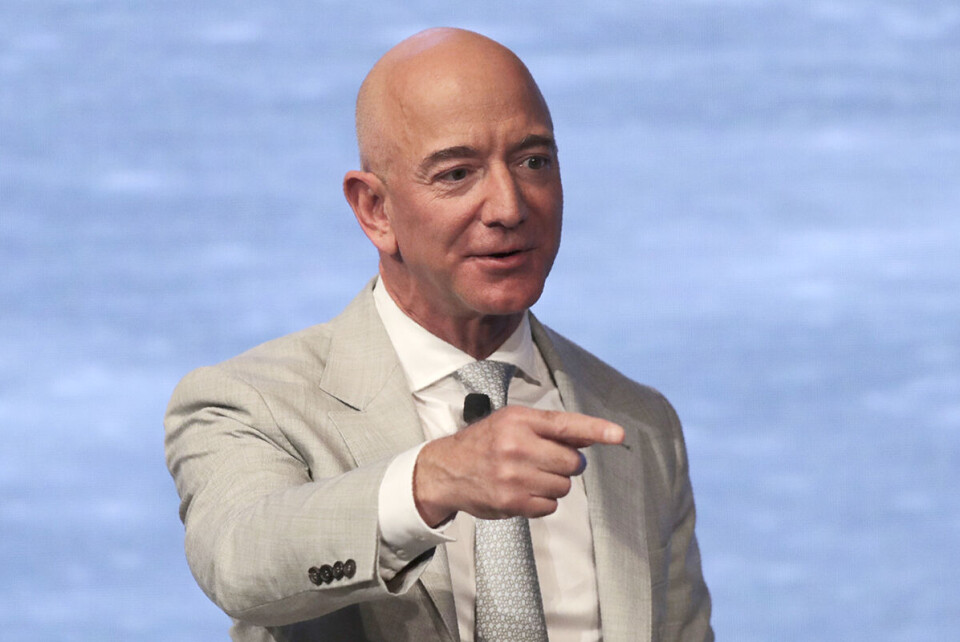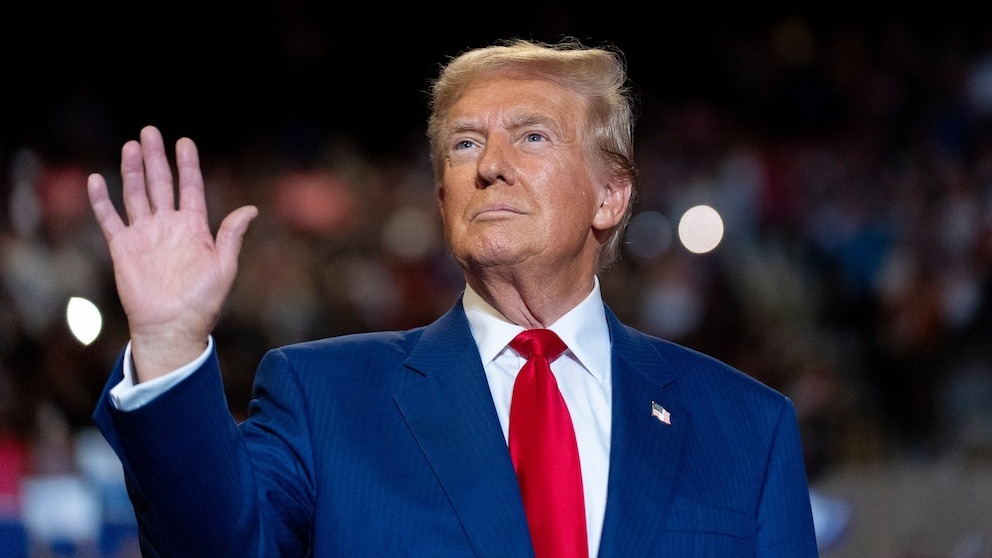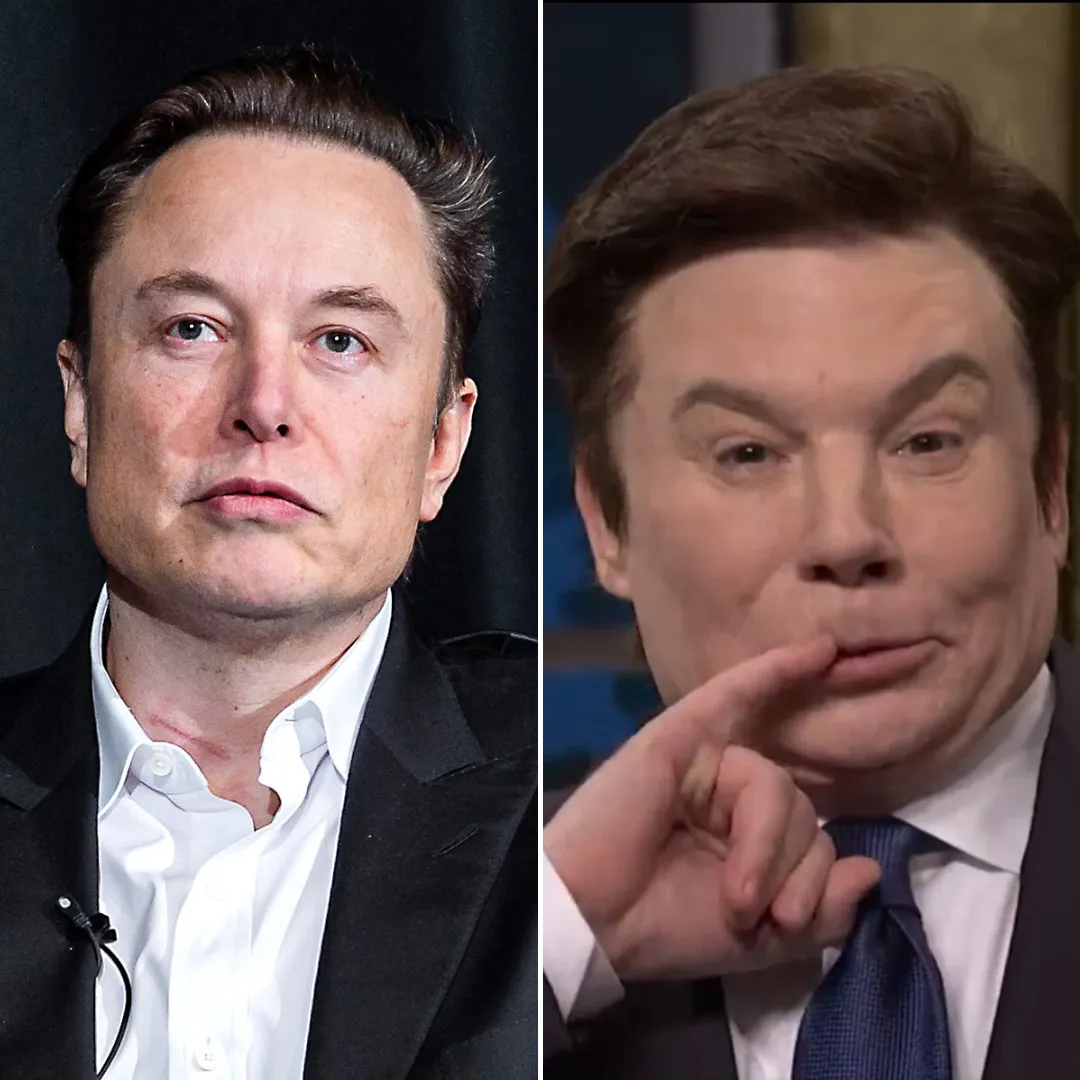
President Trump’s latest tax bill has become one of the most controversial pieces of legislation in recent memory. Marketed by Trump himself as the “big beautiful bill,” the proposal aims to overhaul tax codes and Medicaid policies in ways that many experts warn could have devastating effects on millions of Americans.
Senator Elizabeth Warren has emerged as one of the most vocal opponents of the bill, highlighting what she calls its catastrophic consequences for healthcare coverage. According to Warren, up to 14 million people could lose their health insurance if the bill passes, a claim backed by multiple independent analyses.
At the heart of the controversy lies the proposed Medicaid work requirement. The bill mandates that able-bodied adults without dependents must work at least 80 hours per month to qualify for Medicaid. While the idea seems straightforward, the practical implications are far more complex and troubling.
Verifying work hours, especially for those in informal or gig economies, poses significant administrative challenges. Many beneficiaries might struggle to provide consistent proof of employment, leading to wrongful disenrollment from Medicaid.
Moreover, the bill requires Medicaid recipients to update their enrollment paperwork twice a year. Failure to comply, even due to minor paperwork delays or errors, could result in automatic loss of coverage. Experts estimate that 7.7 million people alone could lose their insurance because of this bureaucratic hurdle.

President Trump and his administration have repeatedly downplayed these risks. In public statements, Trump has insisted that no one will lose coverage under the bill and promised dramatic cuts in drug prices, claiming an 85% reduction.
However, independent analysts, including nonpartisan policy think tanks, paint a far grimmer picture. They warn that the combined effects of work requirements and administrative red tape will cause millions to fall through the cracks, exacerbating healthcare insecurity for vulnerable populations.
In stark contrast to Trump’s assurances, Senator Warren has blasted the bill on social media and in congressional forums. She framed the legislation as a giveaway to the ultra-wealthy, pointing out that the bill essentially subsidizes the extravagant lifestyles of billionaires like Jeff Bezos.
Warren’s most searing criticism came in response to a viral clip showing Trump promising drug price cuts and insurance protections. She fired back with a scathing tweet: “Independent analysts say 14 MILLION PEOPLE will lose their health insurance under the ‘big, beautiful bill’—all to subsidize Jeff Bezos’ next $500 million yacht.”
The senator’s remarks underscore a widespread frustration that tax legislation disproportionately benefits the rich, who already enjoy significant tax advantages. Critics argue that instead of asking billionaires to pay their fair share, the bill shifts burdens onto the most vulnerable.
Warren has consistently positioned herself as a champion of working-class Americans and a fierce critic of corporate excess. In this battle, she accuses Trump of aligning with billionaires rather than the people who elected him.
The bill’s defenders argue that its provisions aim to reduce Medicaid fraud and streamline eligibility processes. They claim that cutting fraud will lower costs and make healthcare more affordable, justifying tax cuts for corporations and the wealthy.

However, opponents see this argument as a smokescreen. They point out that the “fraud” targeted by these policies is often a euphemism for administrative challenges and systemic barriers that disproportionately affect marginalized communities.
The irony is heightened by reports that while billionaires save billions in taxes, some of that wealth is being funneled into frivolous ventures—like Bezos’s rumored plans to spend billions on personal extravagances, including a $500 million yacht.
This contrast between billionaire excess and public healthcare cuts has fueled widespread outrage. Advocates for Medicaid recipients argue that healthcare should be a right, not a luxury accessible only to those who can navigate bureaucratic hoops.
The stakes are particularly high for millions of Americans who rely on Medicaid as their primary source of health coverage. Losing insurance could mean reduced access to essential care, increased financial strain, and worse health outcomes.
Beyond healthcare, the bill’s broader tax cuts have sparked debate about economic fairness and the role of government in supporting public goods. Warren and others see the legislation as part of a broader trend toward widening inequality.
Trump’s insistence on passing the bill as a signature achievement of his administration signals its political importance. He has poured significant effort into defending it against critics, framing it as a boon for economic growth and American families.

Yet the growing chorus of opposition from politicians, advocacy groups, and affected communities suggests that the bill’s future is uncertain. Many fear that if enacted, its consequences will ripple through the healthcare system and society at large.
The media spotlight on the bill has intensified, especially as healthcare remains a top concern for voters. Reports of potential coverage losses have galvanized protests and calls for legislative amendments.
Senator Warren’s pointed critique encapsulates the deep divisions over the bill’s impact. Her framing of the legislation as a luxury subsidy for billionaires highlights the disconnect many Americans feel between political elites and everyday realities.
In conclusion, Trump’s “big beautiful bill” represents a pivotal moment in American health policy and tax reform. The debate centers not only on numbers but on the fundamental question of who benefits and who pays the price.
Elizabeth Warren’s forceful opposition shines a light on the human cost behind the legislative jargon—millions of people facing the loss of healthcare as lawmakers prioritize the interests of the ultra-wealthy.
As the bill moves through political channels, its fate will likely shape the healthcare landscape and the broader conversation about economic justice for years to come.
The debate surrounding the bill also highlights the broader challenge of balancing fiscal responsibility with social equity.

Proponents argue that cutting costs and reducing fraud are necessary to sustain Medicaid in the long term, but critics warn that short-term savings may come at the expense of vulnerable populations who rely on the program for their health and well-being. This tension reflects ongoing struggles within the healthcare system that have yet to be resolved.
Furthermore, the bill’s implications extend beyond healthcare access; they threaten to exacerbate existing social disparities. Losing insurance often means delayed care, worsened health conditions, and increased emergency room visits, disproportionately affecting low-income communities and minorities.
Such outcomes would strain not only families but also hospitals and public health infrastructures, creating a cycle of increased costs and poorer outcomes.
The political fallout from the bill is already shaping up to be significant. Opposition from figures like Senator Warren energizes grassroots movements and advocacy groups, who are mobilizing to inform and protect affected populations.
Their efforts include lobbying lawmakers to amend or reject provisions that threaten coverage, and raising public awareness about the bill’s real-world consequences.

Meanwhile, President Trump’s continued defense of the bill underscores a political calculus that places economic growth and tax reform above social welfare concerns.
By championing the legislation as his signature achievement, Trump aims to solidify support among business interests and wealthy donors, even as the bill faces mounting criticism from constituents who fear losing their health insurance.
Ultimately, the controversy surrounding this legislation serves as a stark reminder of the ongoing battle over the soul of American social policy.
As lawmakers wrestle with complex issues of taxation, healthcare, and inequality, the voices of millions hang in the balance, calling for solutions that truly serve the nation’s most vulnerable rather than its richest few.

-1747897790-q80.webp)
-1744614893-q80.webp)
